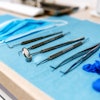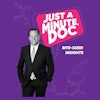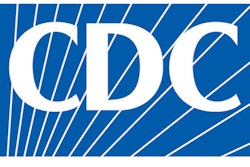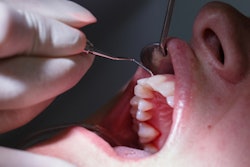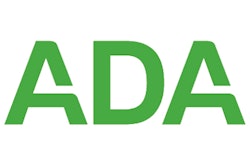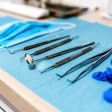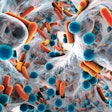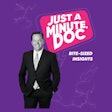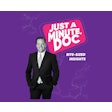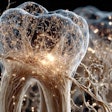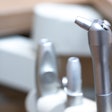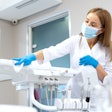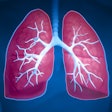
A bill recently passed in North Carolina allows dentists to administer diagnostic tests and antibody tests for COVID-19, provided the tests have been approved or authorized by the U.S. Food and Drug Administration.
There were many legislative changes addressed in SB 704, in what is described at the beginning of the bill as "an act to provide aid to North Carolinians in response to the coronavirus disease 2019 (COVID-19) crisis." While items such as marriage licenses, car inspections, and allowing state residents to wear a mask in public comprised parts of the bill, so did a very interesting passage for dentists at the bottom of page 21.
There, under the "authorization for dentists to administer COVID-19 tests" subhead, it reads the following:
SECTION 3D.2.(a) G.S. 90-29(b) is amended by adding a new subdivision to read:
"(14) The administration by dentists of diagnostic tests and antibody tests for coronavirus disease 2019 to patients only if such tests have been approved or authorized for emergency use by the United States Food and Drug Administration."
SECTION 3D.2.(b) This section is effective when it becomes law.
Alec Parker, DMD, executive director of the North Carolina Dental Society, said that while testing was an important and noteworthy part of the bill, there were other provisions included that helped all of healthcare, including dentistry.
For example, the section right before the testing section states that the North Carolina Board of Dental Examiners may now waive previous requirements and "permit the provision of dental and dental hygiene services to the public during the state of emergency." Dr. Parker told me in an exclusive interview that this will help dental students who were in the middle of testing when the pandemic struck.
"A number of things in that bill will be helpful for our members," Dr. Parker explained. "We worked with the legislature on the testing portion of the bill as a proactive measure. Right now, we're hearing that testing for dentists will not be available until the end of the year or first of next year. Because of the way our legislature meets, we didn't want to wait until then to have something in place."
Most provisions were across all of healthcare, and those provisions often came from working with lobbying groups as well as the North Carolina Medical Society, Dr. Parker said.
"We tried to take a very measured approach," Dr. Parker said. "The fact we're not down [at the state capitol] pushing an agenda very often, we get more attention when we do approach the legislature. We have always looked out for what is best for the public, not necessarily for what is best for the provider. Our society believes in looking out for citizens and dentists and that philosophy has served our society well."
Dr. Parker told me he believes timing and support from across North Carolina helped his state become a leader in enacting these types of laws.
"We had members who were very much engaged in helping us call their representatives and asking them to support this legislation," he said. "It was top of mind for many people and it was really a perfect storm for us to help this come together and benefit the people of North Carolina."

